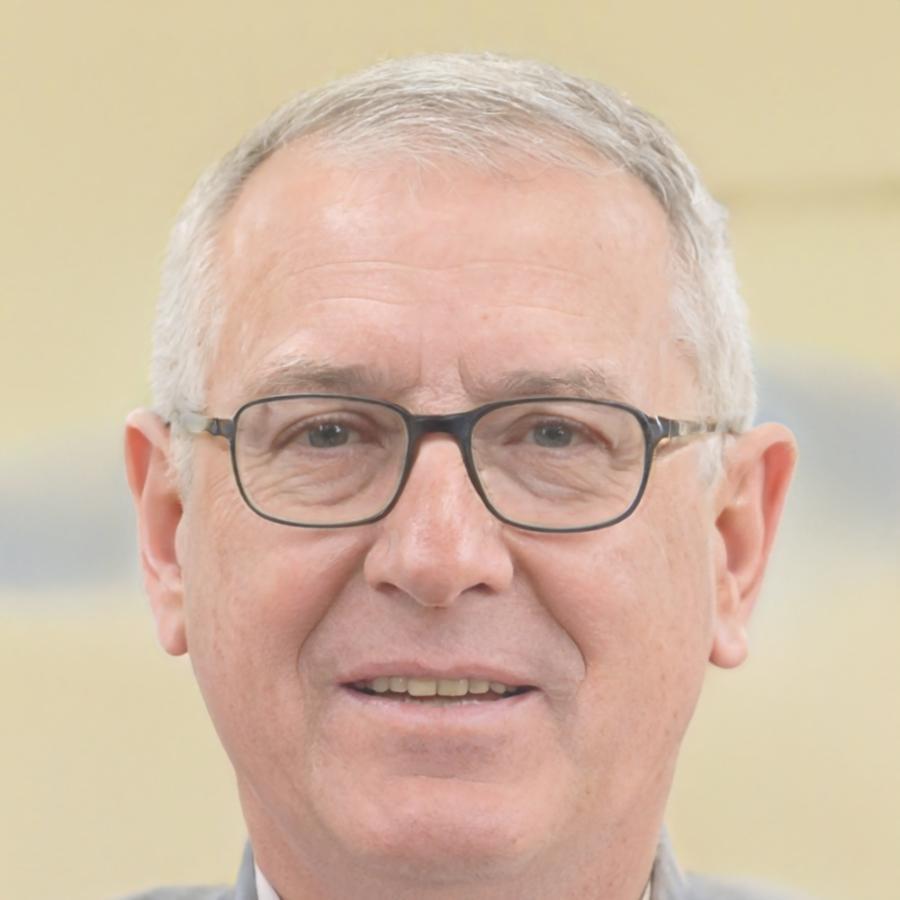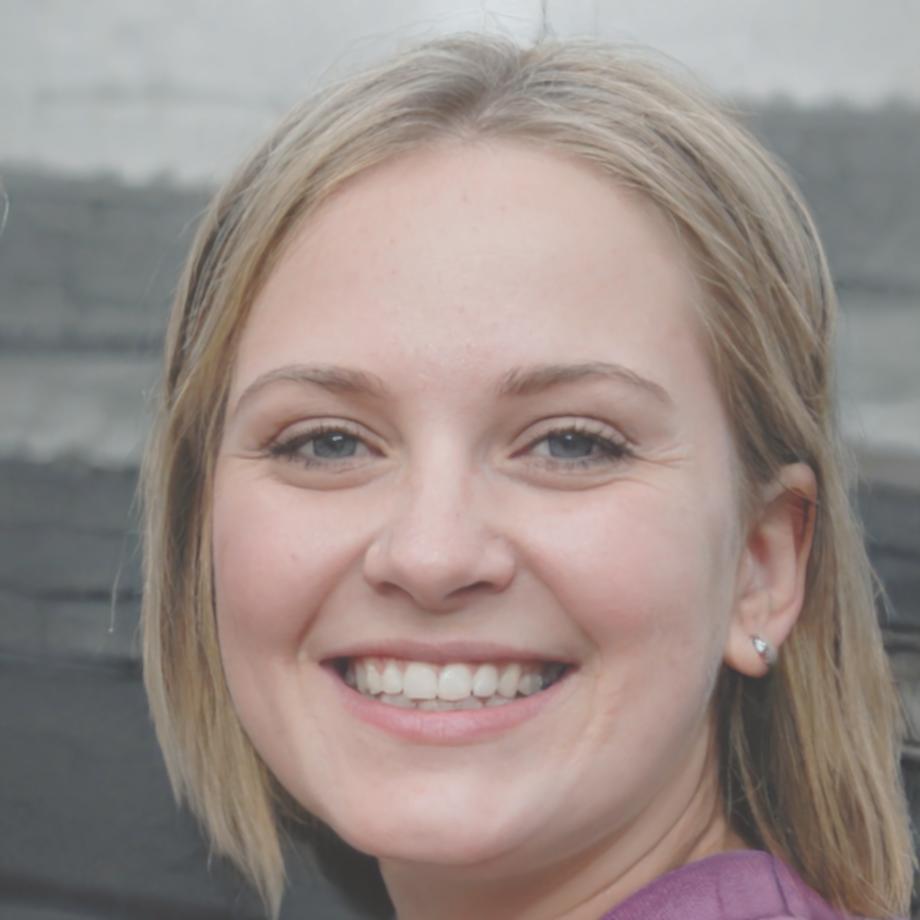Our Teaching Approach
At Omniscarya Haven, we've developed unique teaching methods that prepare digital journalists for the challenges of tomorrow's media landscape.

Immersive Learning
We don't just teach digital journalism — we throw you into it. Our immersive approach means you'll be crafting stories, conducting interviews, and building multimedia packages from day one. This baptism-by-fire method might feel overwhelming at first (trust me, I've seen the deer-in-headlights looks), but it's the fastest way to develop real-world skills. You'll make mistakes, sure, but you'll also learn to think on your feet and adapt quickly — just like you'll need to in the field.

Mentorship Model
Every student is paired with an industry veteran who becomes your personal guide through the program. These aren't just teachers — they're working journalists who know the ropes and the realities of the field. Your mentor will review your work, offer brutally honest feedback, and push you beyond what you thought possible. They'll also help you navigate the industry's unwritten rules and connect you with their network when you're ready. Some of my closest professional relationships started as mentorships right here at Omniscarya.

Project-Based Learning
Forget exams and quizzes — at Omniscarya, you'll build a professional portfolio through real-world projects. We've partnered with media organizations across Ireland to provide students with meaningful assignments that might actually get published. You'll pitch, research, and produce content on tight deadlines, just like you would in a newsroom. The projects get progressively more complex, and by the end, you'll have tackled everything from breaking news to long-form investigations. And yes, sometimes the projects fall apart — that's part of the learning too.
The immersive approach at Omniscarya Haven transformed my understanding of digital journalism. Rather than just learning theory, I was building real stories from day one. The mentorship I received wasn't just about technical skills — it was about developing editorial judgment and finding my unique voice as a journalist.
Our Teaching Philosophy
We believe journalism education should reflect the evolving media landscape while preserving core journalistic principles.

Beyond Technical Skills
While we'll certainly teach you how to edit video and optimize headlines, our program digs deeper. We're just as concerned with the "why" as the "how" of journalism. What makes a story worth telling? How do we maintain ethical standards in a world of clickbait? When should we slow down for accuracy rather than rush to publish?
I've spent over 20 years in newsrooms watching the industry transform. The tools and platforms keep changing, but the core principles don't. That's why we focus on developing your journalistic judgment alongside your technical abilities. A journalist who can thoughtfully navigate ethical dilemmas and recognize the impact of their work will always be valuable — no matter what technology comes next.
Every assignment you complete here will be evaluated not just on its technical merits, but on its journalistic integrity, depth of reporting, and commitment to accuracy. We're training journalists who'll help shape the future of media, not just contribute to its noise.
Ethics-First Approach
Every technical skill is taught within an ethical framework. We don't just show you how to create viral content — we discuss when you should.
Adaptable Skills
The specific tools change yearly, but we teach the underlying principles that transfer across platforms and technologies.
Critical Thinking
We challenge students to question assumptions, evaluate sources rigorously, and consider multiple perspectives before reporting.
Program Structure
Our curriculum blends structured learning with practical application and industry experience.
Foundation Phase
The first six weeks focus on core journalistic principles and foundational skills. You'll learn reporting basics, media ethics, interview techniques, and storytelling fundamentals. This phase includes daily writing exercises, feedback sessions, and introductory workshops on audio, video, and data journalism. We'll also explore the Irish media landscape and its unique challenges and opportunities.
Specialization Phase
After building a solid foundation, you'll select a specialty area to focus on for the next eight weeks. Options include investigative reporting, multimedia storytelling, data journalism, or feature writing. During this phase, you'll work on more complex projects under the guidance of your mentor, while participating in advanced workshops specific to your chosen track. This is where you start building the specialized skills that will set you apart in the job market.
Industry Phase
The final ten weeks are all about professional application. You'll spend part of your time in a newsroom internship with one of our media partners across Ireland. The rest of your time will be devoted to developing a major capstone project that showcases your skills. Weekly seminars during this phase focus on career development, freelancing strategies, and emerging industry trends. We'll also help you polish your portfolio and prepare for job interviews.
What sets Omniscarya Haven apart is how they bridge theory and practice. The program structure builds your confidence gradually while constantly challenging you with real-world assignments. By the time I reached the industry phase, I wasn't just ready for my internship — I was able to contribute meaningfully from day one.
